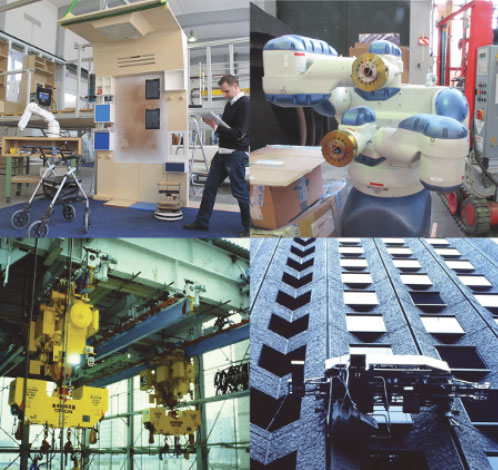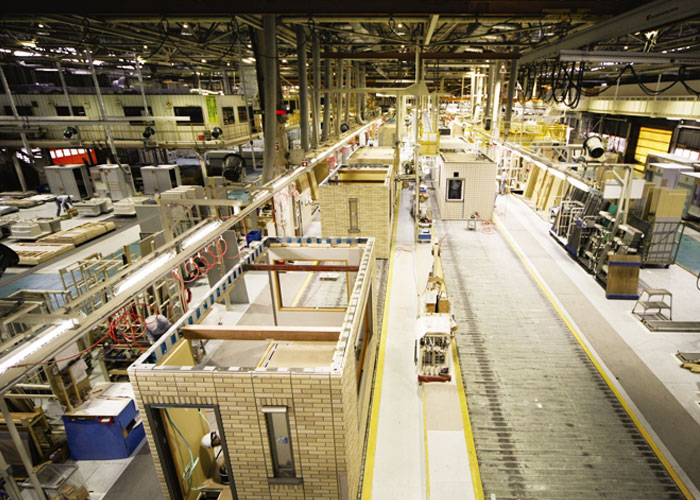About us
Bock Robotics Revolution (br2)
The mission of Bock Robotics Revolution (br2) is to extend the traditional core competencies of “Robot-Oriented Design” (ROD) and robotic construction and building, broadening the activity area of future graduates and professionals, and creating new employment opportunities.
The domain ROD.de stands for Robot-Oriented Design which is based on the co-development and analysis of the first 50 construction robots worldwide in the 1980s. ROD is also the core of the doctorate dissertation of Prof. Bock at the University of Tokyo in 1989.
For the life-long learning in the field of Advanced Construction and Building Technology which Prof. Bock is conducting for over 4 decades, we synchronize different research domains for new future markets and professions (Architecture, Industrial Engineering, Electrical Engineering, Civil Engineering, Business Science, Interior Design, Informatics, Mechanical Engineering, Demographics, etc.) to solve social, economical, and environmental challenges.

Bock Robotics Revolution (br2) merges management competency (construction management, technology management, innovation management) with competency in advanced technologies (production technology, ICT, Microsystems technology, mechatronics, automation, robotics, personal assistance technology) and applies it to solve future demographic challenges of our society by considering all phases of building’s lifecycle (development, planning, construction, use/performance, de-construction/end-of-life).
We define the built environment as a service to society and construction as a production process which assists demographic transformations by advanced building performance. We believe that the delivery of future high-tech environments/buildings to reasonable cost is dependent upon highly efficient production methods. Thus we follow and promote the philosophy that frontier engineering sciences breed innovations. These innovations are driven and amplified by globalization, closed loop resource utilization, transformation of technological potentials, environmental and demographic challenges.
Global competition brought inflationary labour capacities resulting in decreasing labour costs. But to achieve welfare and culture any society needs sufficient income. To provide sufficient income for creating wealth and culture one has to be efficient. “One has to be good to be expensive”: High income is based on high tech, if you can’t just sell natural resources. The demographic change requires even more efficient socio-economical and socio-technical processes to be affordable.
The notion of “Made in Germany” is internationally famous for its cars, machines, industrial facilities, and medical and environmental technologies. Its success is based on research and innovation, stressing that future wealth can only be generated by innovation leaps and radically new types of value design and engineering.
Half of total investment is allocated in built environment, infrastructure, and facilities, signifying the strategic importance of the construction sector.

The future construction sector will expand to new business fields by absorbing advanced technologies from various disciplines.
Its success will depend on its innovation leap ability of the complete value chain of the artefactual engineering and built environment by embedding ICT, automation, robotics and services.
This approach will create new markets, qualifications, skills and professions.
Even though architecture and construction are the focal points of Prof. Bock, it cross links considerably to other disciplines and faculties such as potential psycho-social health transformation of future societies and incubates it into augmented skill formation for socio-technical qualifications of next generation engineers.
“My Way”: Prof. Dr.-Ing.
Thomas Bock’s Life and Career
Thomas A. Bock was born on 1957, in Freiburg, Germany. After his studies at EPFL, University of Stuttgart, University of Houston, and the IIT in Chicago, he was awarded his Doctor’s Degree at the University of Tokyo. He is, among other, the co-founder and former president of the International Association for Automation and Robotics in Construction (IAARC), and many other international research institutions…
